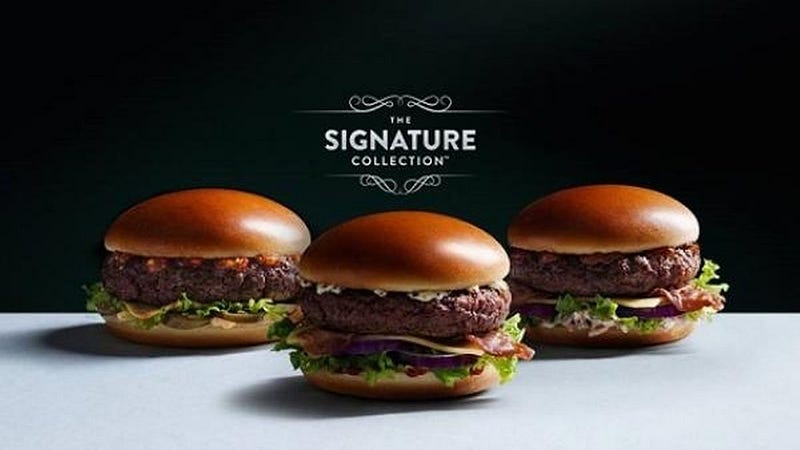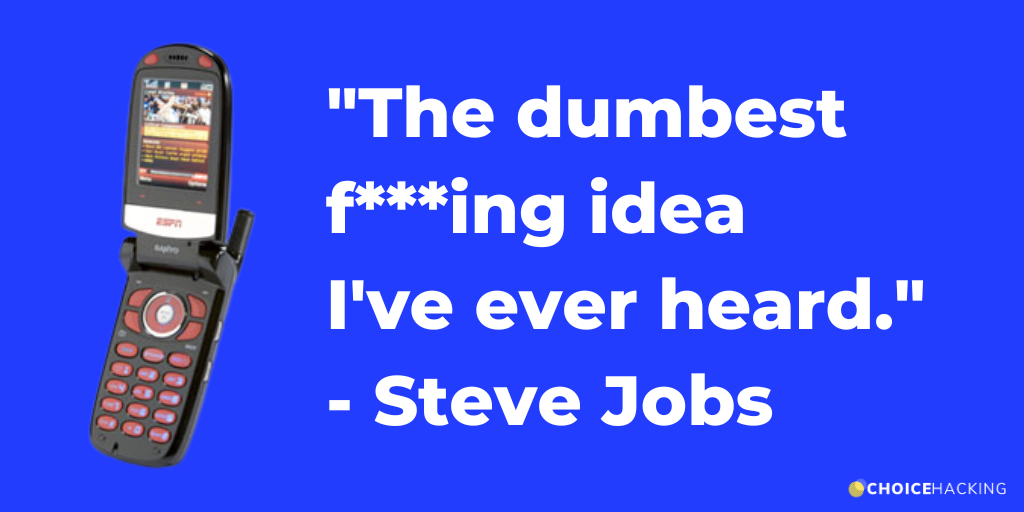Quick Definition: The False Consensus Effect describes peoples’ tendency to think that our own beliefs, behaviors, and thoughts are more common in the general population than they actually are.
Table of Contents:
- What is the False Consensus Effect?
- Examples of the False Consensus Effect
- How to Avoid the False Consensus Effect
- The Bottom Line
One of the biggest challenges in design marketing is empathy — feeling what your customers feel.
Why is it so important to have empathy for your customers?
It’s down to a cognitive bias called the False Consensus Effect.
What is the False Consensus Effect?
This principle describes peoples’ tendency to think that our own beliefs, behaviors, and thoughts are more common in the general population than they actually are.
In other words, we think other people like what we like.
For example:
- If we eat at McDonald’s once a week, we assume that most other folks eat there just as often.
- If we read the New York Times, we assume that more people read the New York Times than who actually do.
- If we fly first-class, we think it must be something that most other people have done at some point in their lives.
Examples of the False Consensus Effect
1. McDonald’s Signature burger
This “premium” line of McDonalds burgers was a flop, because the McDonalds customers wasn’t interested in a more expensive burger. If they wanted something higher quality than McDonalds, they simply visited a Five Guys or another non-fast food option.
There was a mismatch between what marketers were demanding and what customers actually wanted to buy.
McDonalds thought, “I (a marketing manager working at McDonalds) want an elevated option at McDonalds. Therefore customers will want it too.”

🚀 Learn what makes buyers tick
Join 8k+ of world's best marketers from brands like Disney, Coca-Cola, Google who are learning marketing psychology in <5 mins a week.
2. Mobile ESPN
The “ESPN Phone” was a legendary failure caused, in part, by the False Consensus Effect. A “mobile virtual network operator” started by parent company Disney in 2005, Mobile ESPN had a sports news app that delivered scores up to 5 seconds before they were reported on television.
The problem? ESPN overestimated demand. They projected 240k subscribers but ended up with less than 10k.
Notably, Apple CEO Steve Jobs called Mobile ESPN the “dumbest f**king idea I have ever heard.” (If you’re gonna fail, fail big, I guess.)

ESPN’s marketing team thought, “I’m so obsessed with ESPN that it’s all I want to see on my phone. Therefore, hundreds of thousands of customers will want that, too.”
3. Ford Edsel
Probably the biggest automotive flop (outside of the exploding Ford Pinto), the Ford Edsel was designed by ignoring the need for market research. Instead, the design team listened almost exclusively to what they wanted — not customers.

More than just a car, the Edsel was an entirely new line of cars for Ford who lost $350M in 1960 on the failure (that’s the equivalent of more than $3B in 2023 dollars). All because the executives thought their preferences would be the customer’s preferences, too.
How to Avoid the False Consensus Effect
1. Present the “Voice of the Customer”
In one study, researchers asked marketers to present the “voice of the customer” inside their company. They shared their opinions and judgments from the customers’ point of view.
In this study, according to the researchers, “all marketing managers effectively mitigated their own biases while also remaining intuitively true to their own experience and expertise.”
2. Experience what your customers are experiencing
Walt Disney insisted that his Imagineers visit Disneyland at least every other week and stand in line. That way, they could experience it just like the guests.
By regularly visiting the park, Imagineers not only had empathy for their guests, but could also observe if their experiences in the park were more or less common than they think.
For example, if an Imagineer hates fruit-flavored ice cream they’re likely to think most other people hate it too. But if they observe long, snaking lines to buy a Dole Whip then they have no choice but to rethink their opinion and consider how to make the product more prominent in the park.
3. Test your assumptions
Before rushing a product to market, make sure you obsessively test to see if it resonates with customers. It’s best to avoid asking them directly, “Would you buy this product?” because most of the time, under the social pressures of a research environment, they’ll say yes.
Don’t bet the farm on something you and your team think people will love — instead, tip-toe into the market and learn how real people will react.
The Bottom Line
All marketers are subject to their own biased points of views and opinions — it’s just human nature (and the basic wiring of our brains).
If there’s one thing to take away from the False Consensus Effect, it's that you are NOT your customer.
Marketing Orientation — a focus on your customers needs and desires (not yours) — is critical if you want your marketing, new products, or product innovations to be greeted with open arms by customers.
